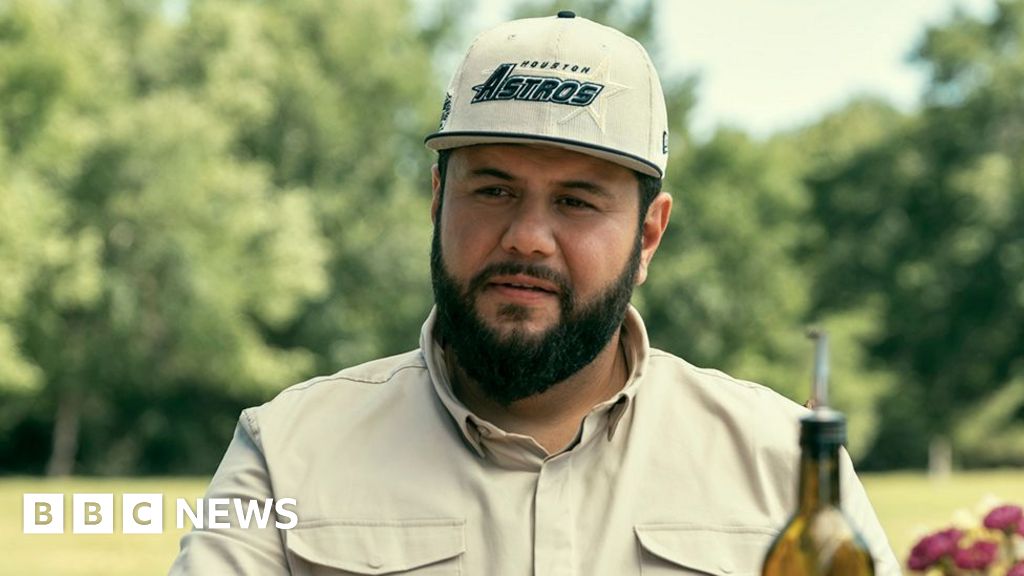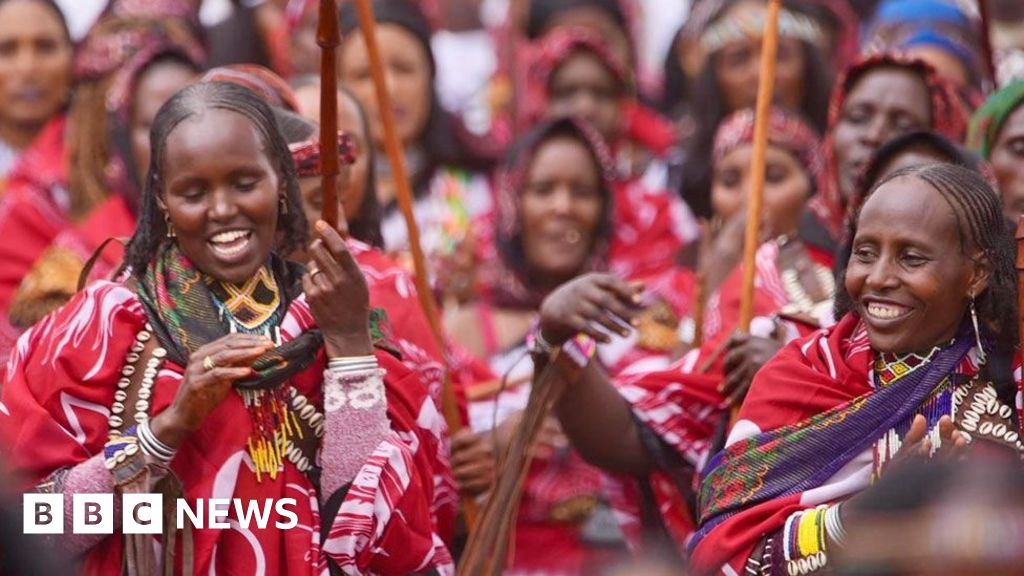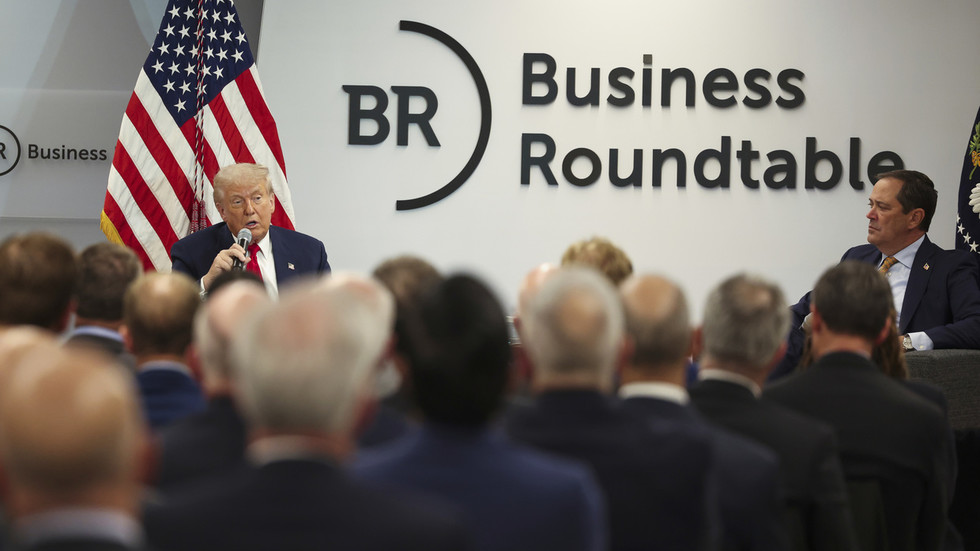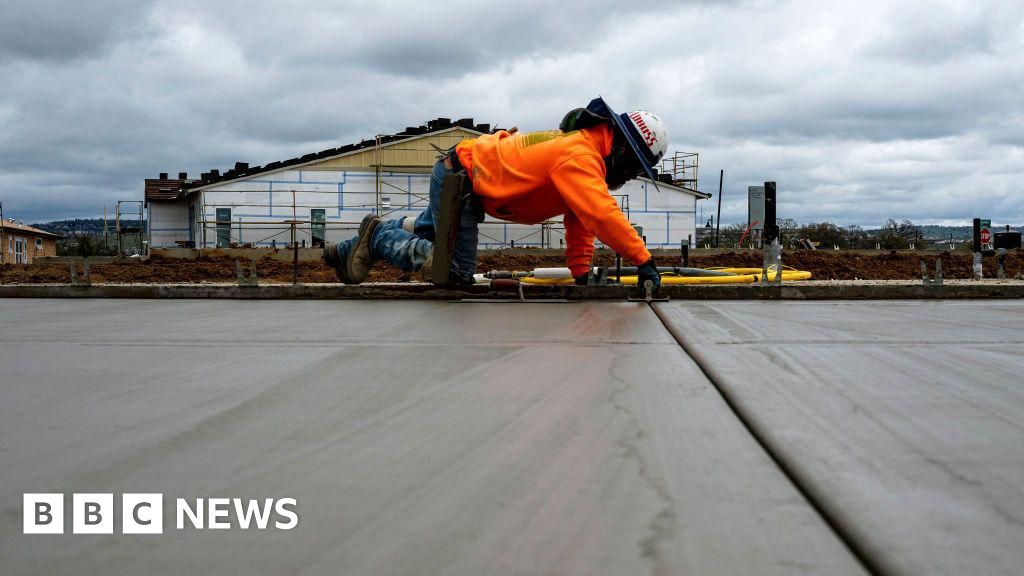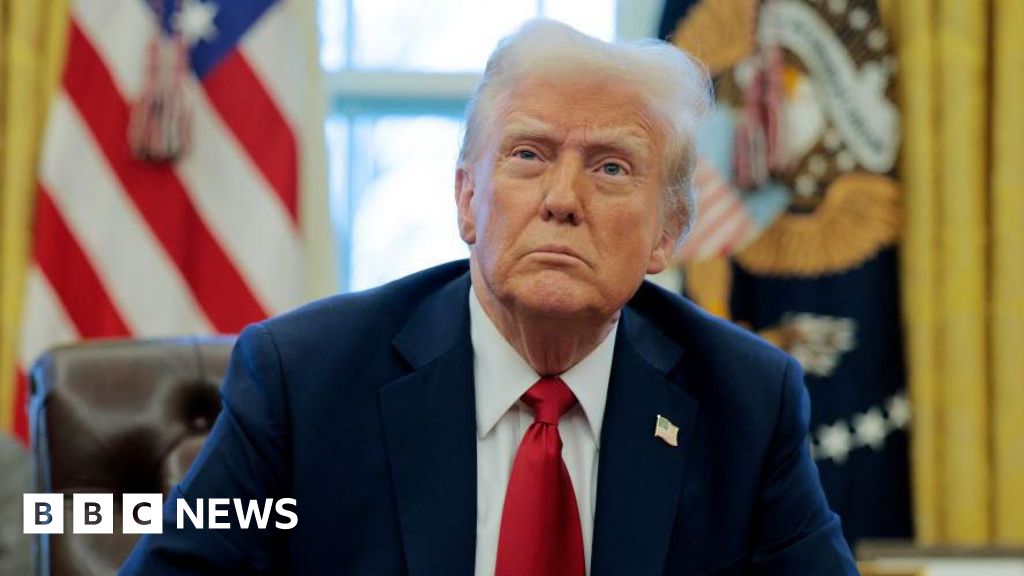Protests are taking place across France over the nomination of right-wing Michel Barnier as the new prime minister, after an inconclusive election in which the left won the largest number of seats.
More than 100 protests are expected to take place on Saturday, with people already on the streets in cities including Bordeaux, Nice and Le Mans.
The demonstrations were called by trade unions and left-wing political parties, whose own candidate for prime minister was rejected by President Emmanuel Macron.
Mr Barnier, the EU's former Brexit negotiator, said he is open to forming a government with politicians across the political spectrum, including the left.
Jean-Luc Mélenchon, a veteran firebrand from the radical France Unbowed party, called for the "most powerful mobilisation possible" in national marches.
Around 130 protests are being held, with the biggest setting out from central Paris this afternoon. Other cities staging protests include Marseille and Lyon.
The demonstrators are using slogans such as "denial of democracy" and "stolen election".
Parties on the left are angry that their own candidate for prime minister, Lucie Castets, was rejected by Mr Macron, who said she had no chance of surviving a vote of confidence in the National Assembly.
Mr Barnier may be able to survive a confidence vote because the far right, which also won a large number of seats, has said it won't automatically vote against him.
However, that has led to criticism that his government will be dependent on the far right.
Ms Castets said she - like millions of French voters - felt betrayed and that the president had in effect ended up governing with the far right.
"We have a prime minister completely dependent on National Rally," she added.
Meanwhile, against the backdrop of the protests, Mr Barnier is focussed on forming a new government.
After talks with the leaders of the right-wing Republicans and the president's centrist Ensemble group, he said discussions were going very well and were "full of energy".
Some on the left have blamed themselves for ending up with Mr Barnier as prime minister.
Socialist Paris Mayor Anne Hidalgo pointed out that the president had considered former Socialist prime minister, Bernard Cazeneuve, for the job but that he had been turned down by his own party.
Another Socialist Mayor, Karim Bouamrane, blamed intransigence from other parts of the left alliance: "The path they chose was 100% or nothing - and here we are with nothing."

 6 months ago
21
6 months ago
21


